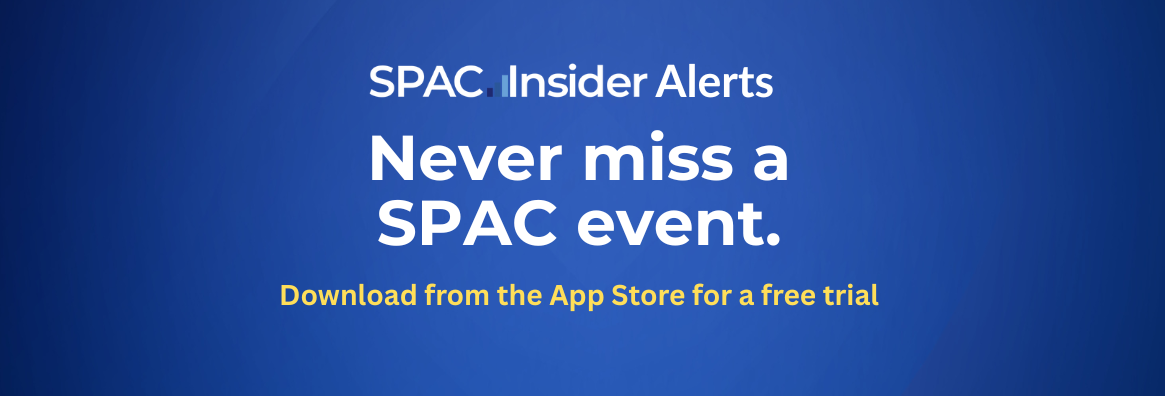Compute Health Wants to Amend Their Warrant Agreement
Compute Health Acquisition Corp (NYSE: CPUH), recently amended their completion proxy outlining some big changes to their warrants as part of the closing of their business combination with Allurion. Let’s unpack the details.
What’s Changing
In simple terms, Compute Health proposes four main changes to its warrant agreement:
- Eliminate of section 4.5 from the original warrant agreement, which provides for the adjustment of the number of shares that a warrant holder receives in case of reorganizations, mergers, or certain other events involving Compute Health, i.e., the “anti-dilution” provision.
- Following a Business Combination, each existing warrant will be adjusted to allow the holder to purchase 1.420455 shares of the newly formed company, New Allurion, at the same exercise price of $11.50 per share. Previously, each warrant entitled the holder to purchase one share of Compute Health.
- Each holder of Compute Health public warrants will receive half of a New Allurion public warrant for each Compute Health public warrant they hold after the Business Combination.
- Extend the term of the Compute Health Warrants to expire six years after the completion of the Business Combination.
Impact on Warrant Holders
The critical question here is: are these changes good or bad for warrant holders?
First, let’s look at the change to the number of shares per warrant. On the surface, it might appear more attractive as each warrant now allows for the purchase of more shares in the new company than before. Instead of exercising one full warrant to purchase one full share, warrant holders would be exercising one full warrant to purchase 1.420455 shares. However, post closing, Compute Health public warrants holders will receive only half of a New Allurion public warrant.
As a result, if you’re a Compute Health warrant holder, in actuality you will be exercising one whole warrant to receive only 0.7102275 shares.
So, if we try to calculate how these changes differ in value, and whereas before the threshold was an $11.50 exercise price, technically, it is now equivalent to $16.19 (if you divide $11.50 by 0.7102275, instead of one warrant).
However, it appears Compute Health and Allurion are compensating for that by adding an extra year to the term of the warrants to provide additional value. Where previously the public warrants had a term of five years, they will now have six years.
Regardless, the item that is going to be of most interest to warrant holders is the elimination of section 4.5 in the original warrant agreement – the anti-dilution provisions. It raises the question as to why does Compute Health and Allurion want to eliminate this? Are they planning another acquisition or some type of scenario where warrant holders would be disadvantaged without section 4.5? Keep in mind that the warrant proposal requires the approval of at least 50% of holders and section 4.5 is exactly the type of amendment that makes warrant holders itchy to vote no.

